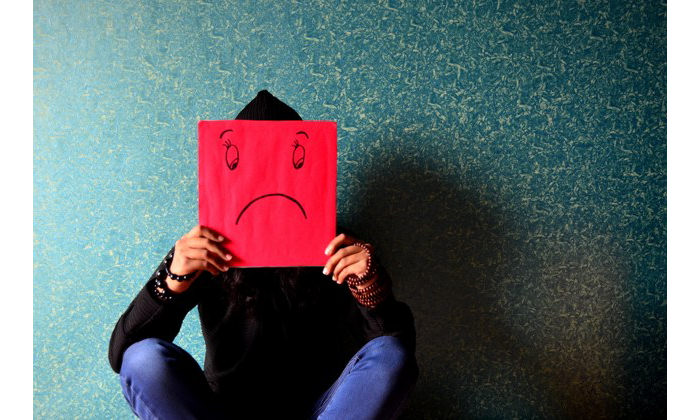World Suicide Prevention Week
11 Sep 2018
Our staff Wellbeing update looks at World Suicide Prevention Week, which promotes worldwide commitment and action to prevent suicides

In 2017, there were 6,213 suicides in the UK and the Republic of Ireland. In the UK, men remain three times as likely to take their own lives as women. The highest suicide rate in the UK is men aged 45-49 and those who identify as LGBTQ are also more at risk of taking their own life.
The charity MIND explains: “Suicidal feelings can affect anyone, of any age, gender or background, at any time. If you are feeling suicidal it is likely that you have been experiencing a growing sense of hopelessness and worthlessness for some time. You may not know what has caused you to feel this way but it is often a combination of factors.”
These factors may include:
- mental health problems
- bullying or discrimination
- domestic abuse
- bereavement
- the end of a relationship
- long-term physical pain or illness
- adjusting to a big change, such as retirement or redundancy
- money problems or homelessness
- isolation or loneliness
- feeling inadequate or a failure
- losing a loved one to suicide
- addiction or substance abuse
- pregnancy, childbirth or postnatal depression
- cultural pressure, such as forced marriage
- doubts about your sexual or gender identity
- sexual or physical abuse
If you are currently feeling suicidal, MIND has steps you can take right now to stop yourself from acting on your suicidal thoughts. Everyone is different, so it’s about finding what works best for you.
It’s not always possible to identify people who are going through emotional distress as those. However, some of the following signs may indicate someone is in poor emotional health and guidance. The Samaritans provide guidance on starting a difficult conversation with someone may be concerned about.
Support
Further support is available at:
- University of Manchester Counselling Service
- MIND
- The Samaritans
